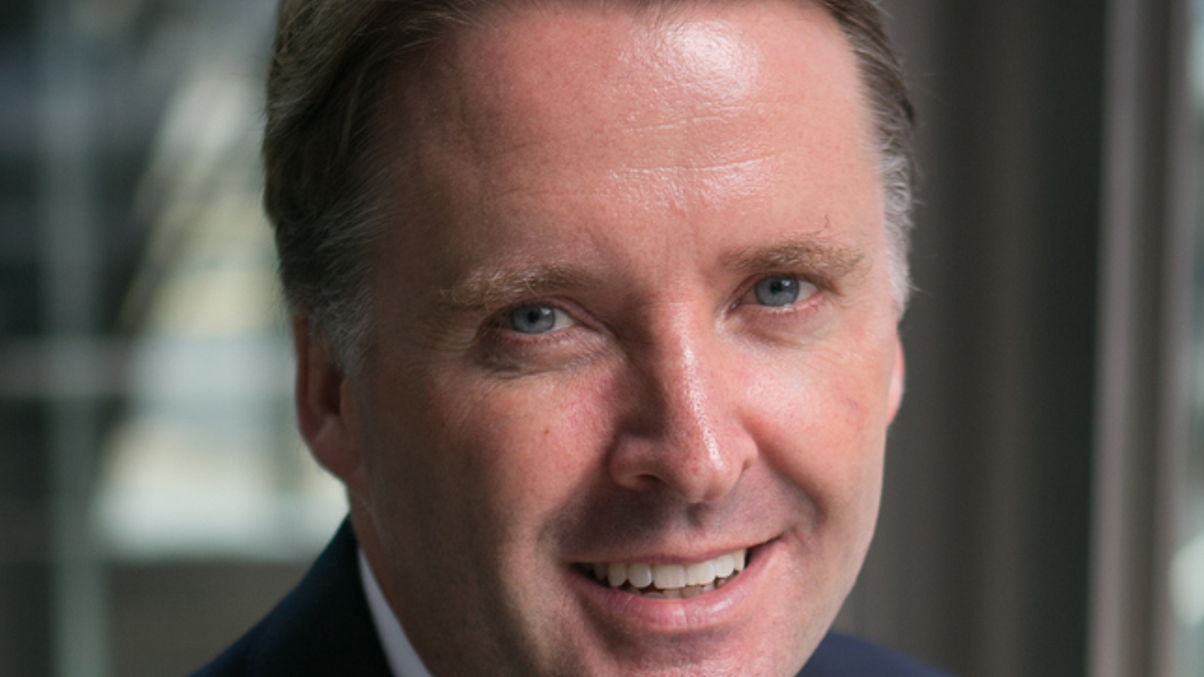BlackRock COO debates online distribution
The fund firm would be cautious about moving into direct sales, said Michael Marquardt, Asia chief operating officer, who has overseen a big rise in the size of his team in recent years.

With the focus growing in Asia on the potential for digital distribution of funds, the world's biggest asset manager seems as well placed as any to benefit from this trend.
Sign in to read on!
Registered users get 2 free articles in 30 days.
Subscribers have full unlimited access to AsianInvestor
Not signed up? New users get 2 free articles per month, plus a 7-day unlimited free trial.
¬ Haymarket Media Limited. All rights reserved.


